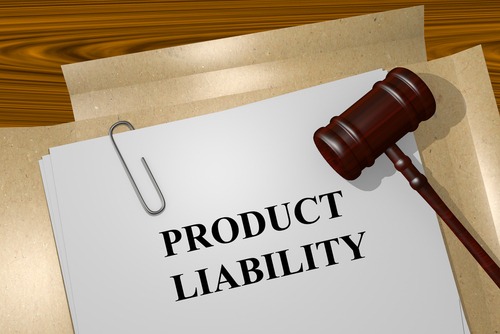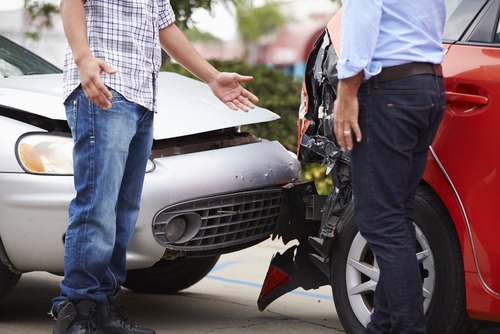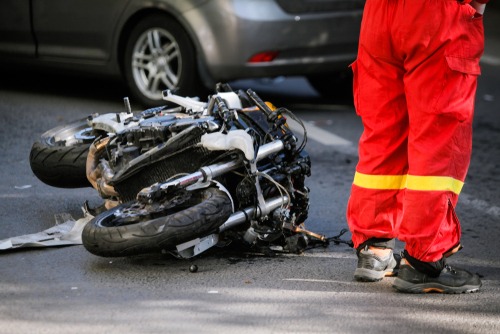
Defective Product Liability Claims: Who to Sue?
Have you been injured by a defective product and wonder where you can turn or who should be held liable? To understand these things, you must first understand what product liability law actually is. These are the legal rules surrounding who is responsible for defective or dangerous products, which are different from ordinary injury laws. Product liability is a way of holding a manufacturer or a seller liable for placing a defective product into the hands of the consumer. These laws are mostly based on state laws.
There are many types of product defects, as well. A plaintiff in one of these cases must be able to prove that the product caused injury and was defective, and that this defect made the product unreasonably dangerous as a result. There are design defects, which are present in a product from the very beginning before manufacturing takes place. There are also manufacturing defects, which are those that occur in the course of a product’s manufacture or assembly. And lastly, there are marketing defects, which are flaws in the way that a product is marketed, such as improper labeling, insufficient instructions, or safety warnings that don’t add up.
So, Who can be Held Responsible for Your Injuries?
You may be wondering who you can sue if you have become injured by a defective product and want to recover damages. The first question you should ask yourself is: Who was involved in the chain of distribution? You will want to look at who made the product, who placed it on shelves, and who held the product before it even made it to the shelves. These specific people all had something to do with the making and distributing of a product that could cause injury.
- Manufacturer: Manufacturers are at the beginning of the chain of distribution and can range in size from very small, to very large like a multinational company. You will want to include any parties involved in manufacture, design, or marketing of the defective product. Remember that outside consultants or contractors could come into play and be held responsible, too.
- Retailer: A retailer may be held responsible even if the store that sold the product didn’t manufacture it. Some things to keep in mind in your case is that you do not have to be the initial buyer of the product, you don’t have to be the product user, and you may even be able to recover for used products depending on things like the nature of the defect or the particular state you reside in.
- Wholesaler or Distributor: These people are seen as a sort of “middleman” from manufacturing to consumer. They could be potentially liable and named as defendants in your claim.
What Happens When the Defendant Happens to be a Corporation?
Corporations are considered to be equivalent to people and, therefore, they can be held liable as a whole. However, there is one particular problem with corporations to keep in mind: They have the ability to change shape, form, and owners frequently. Successor companies can “inherit” liability for the predecessor’s participation in the chain of distribution and involvement with a defective product. If you are able to, you should always name the successor companies as defendants in the claim.
Remember: More Defendants is Always Good!
You will want to know the difference between joint and several liability when it applies to your claim! “Jointly” means together, whereas “severally” means separately. This means that, if one of the defendants involved in your case cannot pay damages to you, then the others will have to. This may cause animosity between the defendants involved, but that is not something you need to worry about. This is just a way to ensure that the plaintiff receives the compensation they so fairly deserve, and the defendants must work together to come up with this.
It may be difficult to identify all the parties involved in the chain of distribution for a defective product. However, if you have become injured, this is something you must do. This is why it is best to have a lawyer you trust on your side to help you with the complex laws that surround defective products and product liability. Call MDL for a consultation and start earning the compensation you deserve!


















